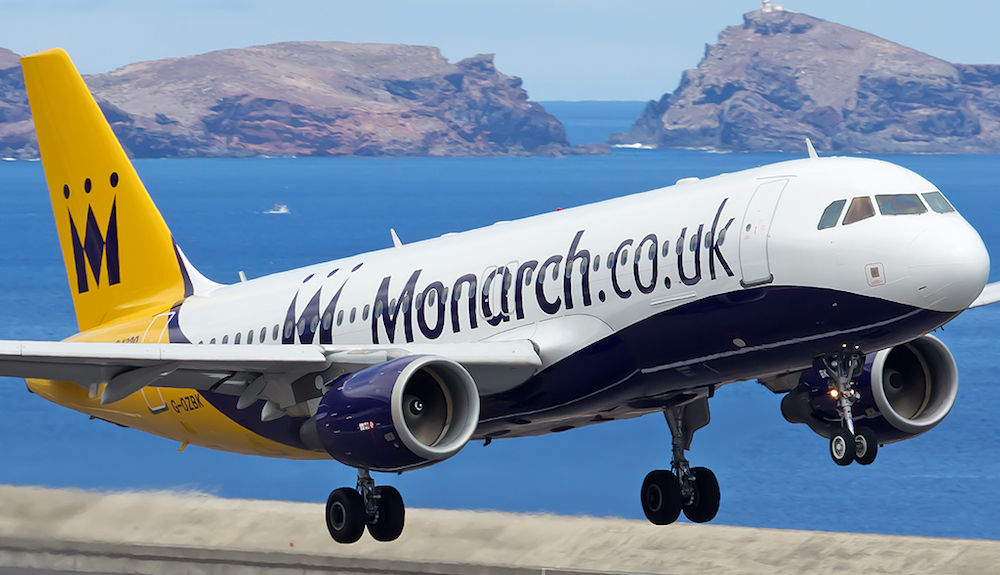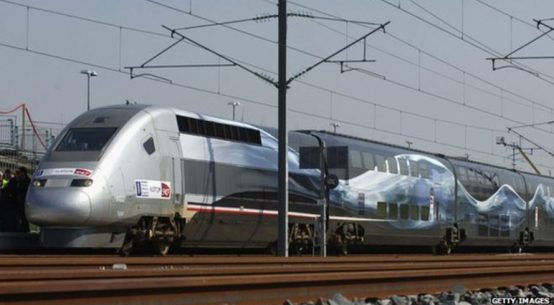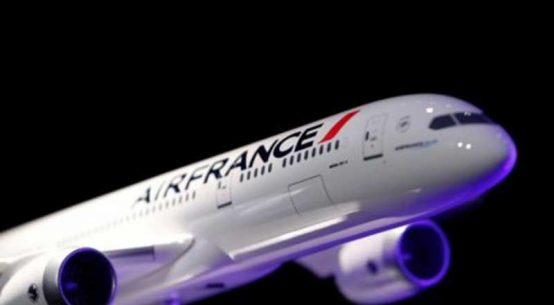
Berlin (Reuters) – After some high-profile airline insolvencies in Europe last year, an industry trade body said countries should review bankruptcy laws to reduce the number of stranded passengers, but rejected the idea of a rescue fund to repatriate customers.
Britain’s Monarch and Germany’s Air Berlin both went bust last year, but the process was very different.
Air Berlin was able to keep flying for just over two months thanks to a government bridge loan while it sought buyers for its operations, but Monarch’s right to fly was withdrawn immediately, leaving thousands of passengers stranded and staff abruptly out of work.
The International Air Transport Association (IATA) said there should be a “reasonable timeframe” within which airlines could continue operating after entering insolvency to allow more passengers to complete their journeys.
“It is up to member states to look at ways to better manage a bankruptcy,” Monique de Smet, Director EU Affairs at IATA, told Reuters on Friday.

The European travel agents and tour operators’ association last month said the EU Commission should introduce a mandatory mechanism to protect passengers against airline failure, with the cost borne by airlines and included in ticket prices.
For more Logistics News, Follow us on TWITTER Follow us on FACEBOOK
Meanwhile, the UK has launched a review of consumer protection in the event of an airline or travel company failure in the wake of the Monarch collapse.
IATA says a rescue fund is not necessary and would distort competition, highlighting that its members in Europe already have a voluntary agreement to offer rescue fares to those needing to return home.








